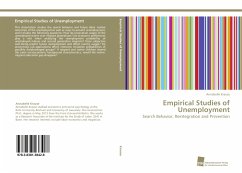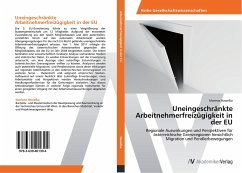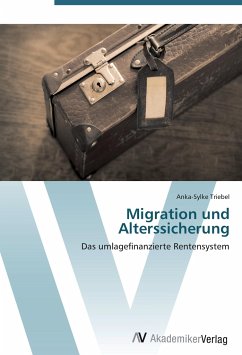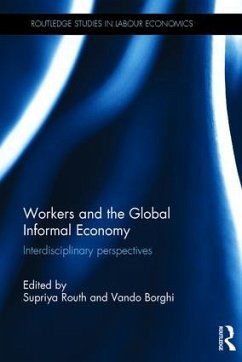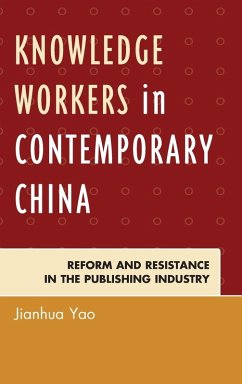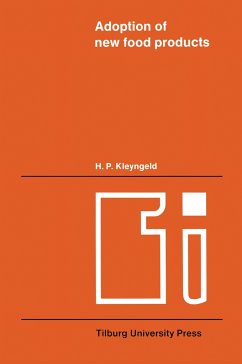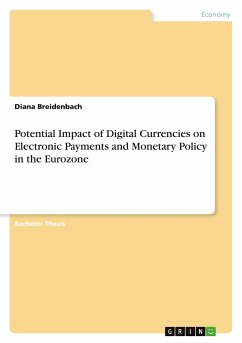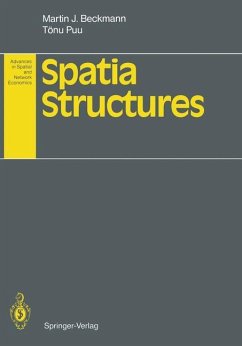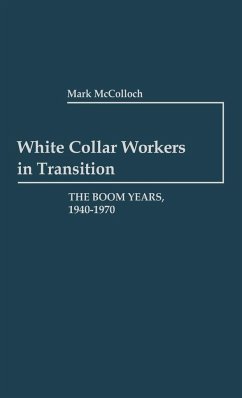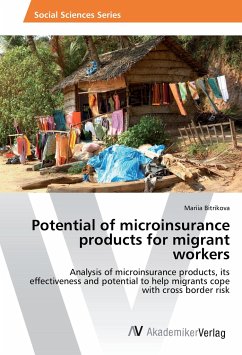
Potential of microinsurance products for migrant workers
Analysis of microinsurance products, its effectiveness and potential to help migrants cope with cross border risk
Versandkostenfrei!
Versandfertig in 6-10 Tagen
24,99 €
inkl. MwSt.

PAYBACK Punkte
12 °P sammeln!
In our increasingly global economy, labour continues to be a major export commodity for many developing countries. Migration is a tool to improve livelihood opportunities, to provide income diversification and a standard of living for one's family. Transnational families benefit from income diversification through variable independent income sources and thus mitigate some of the risks. But financial shocks, as well as unexpected and adverse events have a very big impact on households around the globe, particularly on low-income families who perceive even ordinary risks as aggressive due to the...
In our increasingly global economy, labour continues to be a major export commodity for many developing countries. Migration is a tool to improve livelihood opportunities, to provide income diversification and a standard of living for one's family. Transnational families benefit from income diversification through variable independent income sources and thus mitigate some of the risks. But financial shocks, as well as unexpected and adverse events have a very big impact on households around the globe, particularly on low-income families who perceive even ordinary risks as aggressive due to their poor living conditions leaving them little capacity to cope. The aim of this paper is to analyze whether microinsurance is able to mitigate the risks of migrants and their families and to which extent is it possible.



